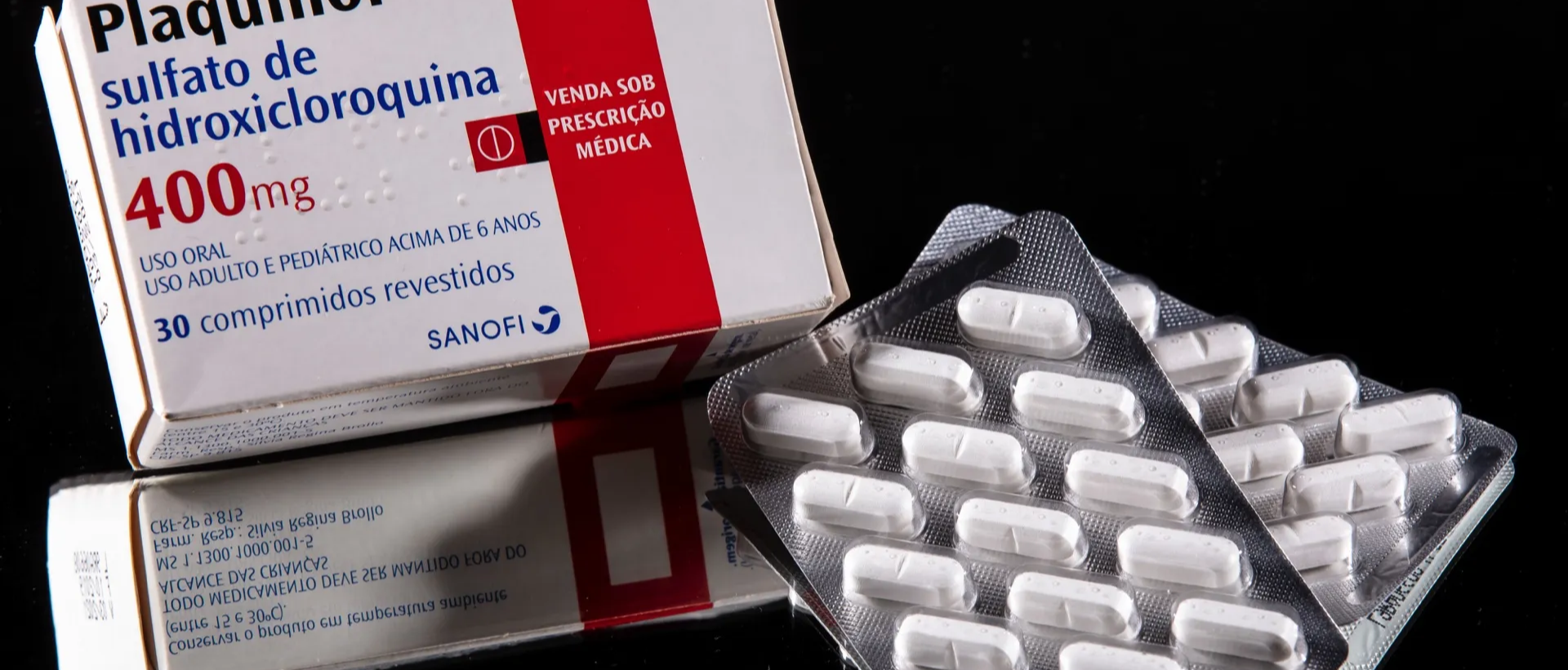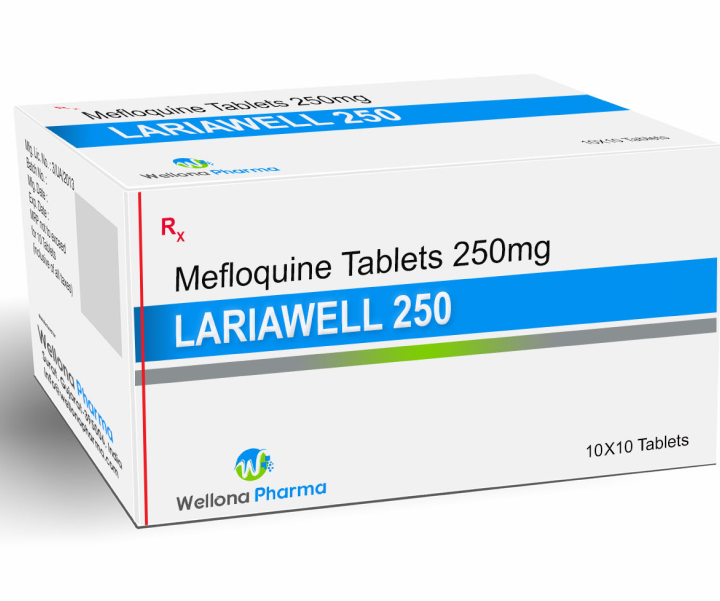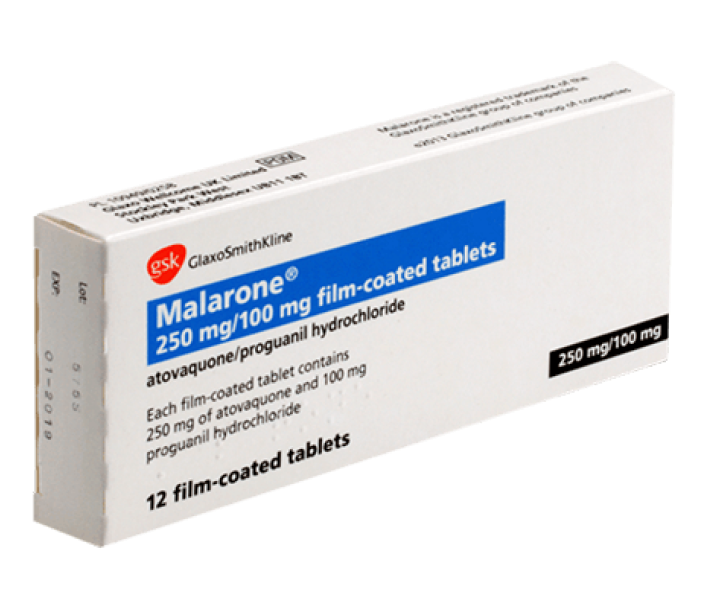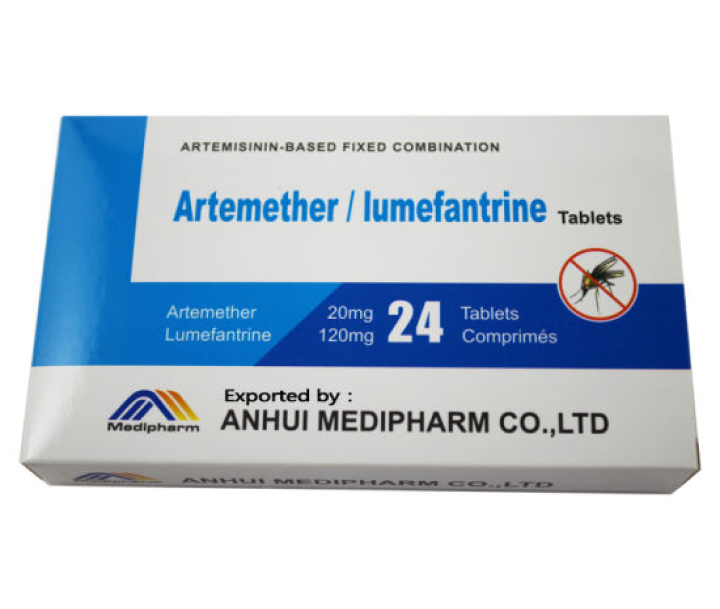

Chloroquine Phosphate
Chloroquine phosphate is a chemical compound with a profound impact on global health, renowned for its pivotal role as an antimalarial agent. Belonging to the 4-aminoquinoline class, this compound has been a cornerstone in the treatment and prevention of diseases caused by malaria parasites. First synthesized in 1934, chloroquine phosphate has played an instrumental role in malaria control strategies for several decades, contributing significantly to the reduction of morbidity and mortality associated with this devastating infectious disease.
The primary mechanism underlying the antimalarial efficacy of chloroquine phosphate involves its interference with the growth and replication of Plasmodium parasites. Plasmodium, the causative agent of malaria, resides within red blood cells and relies on the host's hemoglobin for sustenance. Chloroquine phosphate disrupts the detoxification and polymerization of heme within the acidic food vacuoles of the parasites, leading to their demise. This targeted action has made chloroquine phosphate a key component in malaria treatment regimens.
Beyond its antimalarial applications, chloroquine phosphate has demonstrated versatility in treating various medical conditions. The compound's immunomodulatory properties have led to its exploration in autoimmune diseases such as rheumatoid arthritis and systemic lupus erythematosus. In these contexts, chloroquine phosphate is believed to exert its effects by modulating the immune response, although the precise mechanisms are still a subject of ongoing research.
In recent years, chloroquine phosphate gained attention for its potential antiviral properties, particularly in the context of emerging infectious diseases such as COVID-19. Early in the COVID-19 pandemic, there was interest in repurposing chloroquine and its derivative hydroxychloroquine as potential treatments for the viral infection. However, subsequent clinical trials and research studies yielded mixed and sometimes conflicting results, leading to a nuanced understanding of the compound's role in viral infections. The controversy surrounding its use for COVID-19 highlighted the importance of rigorous scientific investigation and careful consideration of safety and efficacy.
The pharmacokinetics of chloroquine phosphate involve its absorption, distribution, metabolism, and excretion within the human body. Typically administered orally, the compound is absorbed in the gastrointestinal tract, achieving high concentrations in the liver and spleen, where malaria parasites may reside. Chloroquine phosphate exhibits a large volume of distribution, allowing it to penetrate tissues effectively.
While chloroquine phosphate has been a valuable tool in the fight against malaria, its usage is not without challenges. One significant issue is the emergence of drug-resistant strains of malaria parasites, diminishing the effectiveness of chloroquine-based therapies in certain regions. This development has prompted ongoing research and the development of alternative antimalarial strategies to address the evolving landscape of drug resistance.
As with any pharmacological agent, chloroquine phosphate is associated with a range of side effects. Common adverse reactions include gastrointestinal symptoms such as nausea, vomiting, and diarrhea. Additionally, the compound may cause itching, skin rashes, and photosensitivity, particularly in prolonged usage. More serious side effects, although rare, include cardiac arrhythmias and retinopathy, which can affect vision. Therefore, individuals prescribed chloroquine phosphate undergo regular monitoring to detect and mitigate potential adverse effects.
In conclusion, chloroquine phosphate's multifaceted nature encompasses its historical significance in malaria control, exploration in autoimmune diseases, and the controversial consideration for viral infections like COVID-19. The compound's mechanisms of action, pharmacokinetics, and associated challenges, including drug resistance, underscore its complex role in global health. Ongoing research aims to deepen our understanding of chloroquine phosphate, optimizing its use while addressing emerging issues to ensure its continued impact on public health.
relevant medication
view all

Mefloquine
MEFLOQUINE is a quinoline-methanol derivative of quinine that can be used for treatment or prevention in most areas with multidrug resistant malaria...
view all

Malarone
Malarone among others, is a fixed-dose combination medication used to treat and prevent malaria, including chloroquine-resistant malaria. It contains...
view all



Doxycycline
Doxycycline is used for malaria prophylaxis or treatment. When it is administered for treatment of P falciparum malaria, this drug must be used as part of...
view all

Artemether
Arthemether/Lumefantrine is a combination of the two medications artemether and lumefantrine. It is used to treat malaria caused by Plasmodium falciparum that...
view all

About
Whether you're grappling with the complexities of daily life, facing challenges at work, or navigating personal relationships, our dedicated team of empathetic listeners is here to support you. Our safe and non-judgmental space allows you to express yourself freely, offering a helping hand as you explore your thoughts and emotions. Remember, you don't have to face it alone; together, we can work towards a brighter and healthier tomorrow. Reach out to us because your well-being matters, and we're committed to being a pillar of strength on your journey to mental wellness.
Article

The WHO states that mental health is “more than just the absence of mental disorders or disabilities.” Peak mental health is not...
view all

The WHO states that mental health is “more than just the absence of mental disorders or disabilities.” Peak mental health is not...
view all

The WHO states that mental health is “more than just the absence of mental disorders or disabilities.” Peak mental health is not...
view all
Copyright © 2022 kelompok 15